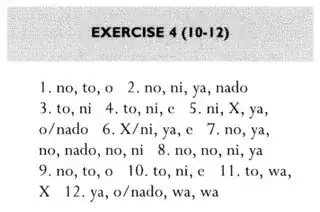If we leave aside the question of how much meaning we should read out of “etc.” in the English sentence and purely look at the Japanese sentence, など is indeed optional. Your sentence is perfectly fine.
歴史の本やドイツ語の辞書は机の上にあります。
The version with など sounds more formal.
Your last sentence sounds incomplete. You still need は.
歴史の本やドイツ語の辞書など机の上にあります。(?)
歴史の本やドイツ語の辞書などは机の上にあります。
In your other example, は can be replaced with など.
私は歌舞伎や能など観ません。
However, this など, used in a negative sentence (or in a rhetorical question with a negative implication), doesn’t only list examples but implies that the speaker thinks the things listed are unimportant. なんか is a more colloquial version of it.
を is necessary in an affirmative sentence. This など is neutral.
私は歌舞伎や能などを観ます。


